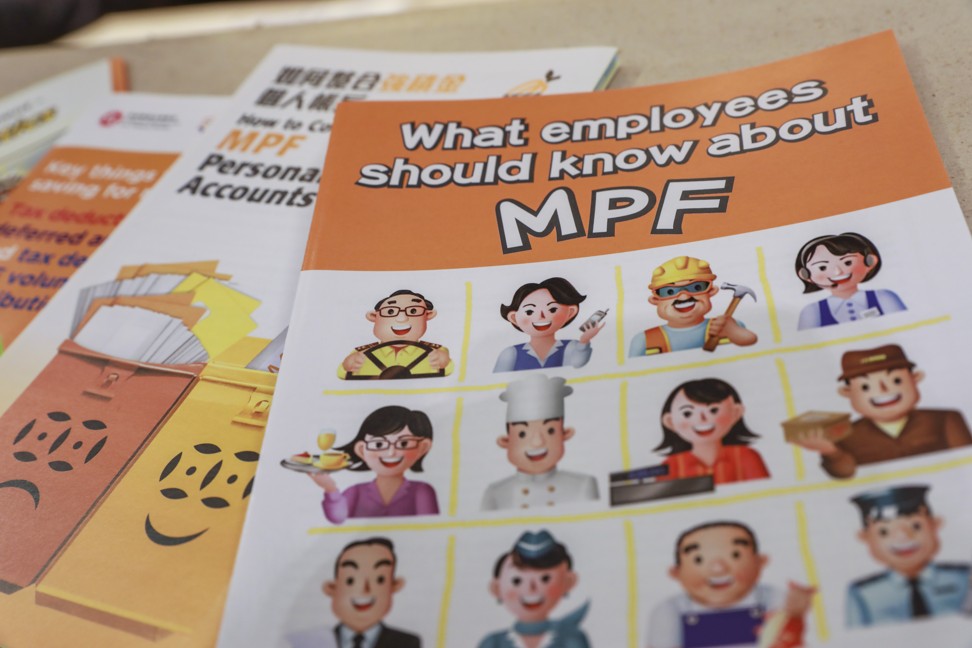Spend money where it’s needed to get Hong Kong back on its feet
- Non-protesters getting roughed up while the police failed to act is the biggest blow to confidence in Hong Kong in decades. Heads should roll, the extradition bill must be withdrawn and reserves spent on worthwhile services

Another week. Another set of people’s marches; another unhappy press conference by the chief executive; another attempt by the commissioner of police making like a fish in his attempt to explain police (in)action. Another clash between gas mask-/cling film-wearing rioters out for a bit of sport; another set of conflicting orders for our long-suffering police constables taken from policing to be put in harm’s way.
But it takes a special kind of animal to hit an unsuspecting passer-by, multiple times, as hard as you can, with an iron bar. Foreign investment requires a safe society and a planned rampage on innocent, defenceless citizens going about their lawful business is possibly the single worst event to hit business confidence in 50 years.
The protests have been broadcast, dissected and exaggerated by ill-prepared “experts” globally. Again this week, a Singapore banker asked me if I knew any Hong Kong clients who wanted to “diversify”. The events are a chilling symptom of the lack of judgment at the top and opens up questions about power and influence in the grass roots of society. Chief Executive Carrie Lam Cheng Yuet-ngor is reaping the whirlwind of decades of public frustration. Businesspeople ask, “What is next?”
The man on the street is disconsolate and depressed about the future and this is leading to weak sales and closed retailers. The property market is suddenly stagnant. Construction is grinding to a standstill as the big projects of the West Kowloon Station, Central-Wan Chai bypass, and the Hong Kong-Zhuhai-Macau Bridge come to completion.
However, the government can do a lot to recover from this self-induced recession. Whether it does or not is another matter, but if I were chief executive I would look at the low-hanging fruit.
One, withdraw the extradition bill completely and fire the police leadership.
The government has already lost mega face by delaying the bill and incites dispute by desperately holding onto a fig leaf of authority to refuse to withdraw it. Just bin it and tell the marchers enough is enough. That would take the wind out of all but the most extreme protesters’ sails.
The top three tiers of police management have made decisions that have done more harm than good and should be dismissed. It was clever for the police in the early days not to conflict with peaceful demonstrators – it is not clever to allow wilful damage of public property and, worse, not to police vicious attacks on defenceless citizens. A weak police leadership is very damaging.
Two, spend our money on transport infrastructure
The key strategy is to spend the people’s money. We have staggeringly high reserves for a mere city and too little is intended for the people who made it possible. The vanity infrastructure projects mentioned above make marginal difference to people’s lives, compared to helping everyone by improving day-to-day infrastructure.
I have long argued for Hong Kong to become the micro-transport capital of the world. More outdoor escalators and travelators, more bridges, pedestrian tunnels, public lifts, flyovers, slip roads and especially disabled access. Perhaps the MTR could spend some of Hong Kong’s surplus on lifts and ramps – or new line construction.
Three, provide more money to improve health care, housing and education.
The provision of services in Hong Kong is either first or economy class; there’s no business class for the middle class. The best education, housing and health care is available for a very high price, and we (enviably) have almost free but oversubscribed universal public education, housing and health care. Our middle class can’t afford the rapacious private-sector charges.
The government could set up a middle ground of quality not-for-profit “business class” schools, hospitals and residences. It would make the city more attractive for millennial professionals.
Four, revolutionise pension provision.
Most of our public services were designed in colonial times and generally work – except for pension provision. The Mandatory Provident Fund is not fit for purpose as it cannot be relied upon in retirement. Pensions need root and branch reform, starting with individual retirement accounts like in the US.
Five, enforce anti-competition laws.
An antitrust law with teeth will drive economic growth, create jobs, improve service, ease property prices, increase the standard of living, lower costs and raise the mood of the city. The Competition Commission should be funded and empowered to break up the city’s cartels, which have driven up property and consumable prices to some of the highest in the world.
Lam will not to be allowed to resign, so she still has time to rebuild her legacy. The measures above, even when announced, would enhance optimism and provide a breathing space to recover. We have the money to turn the economy around – and it should be spent now.
Richard Harris is the chief executive of Port Shelter Investment, a veteran investment manager, banker, writer and broadcaster, and financial expert witness
